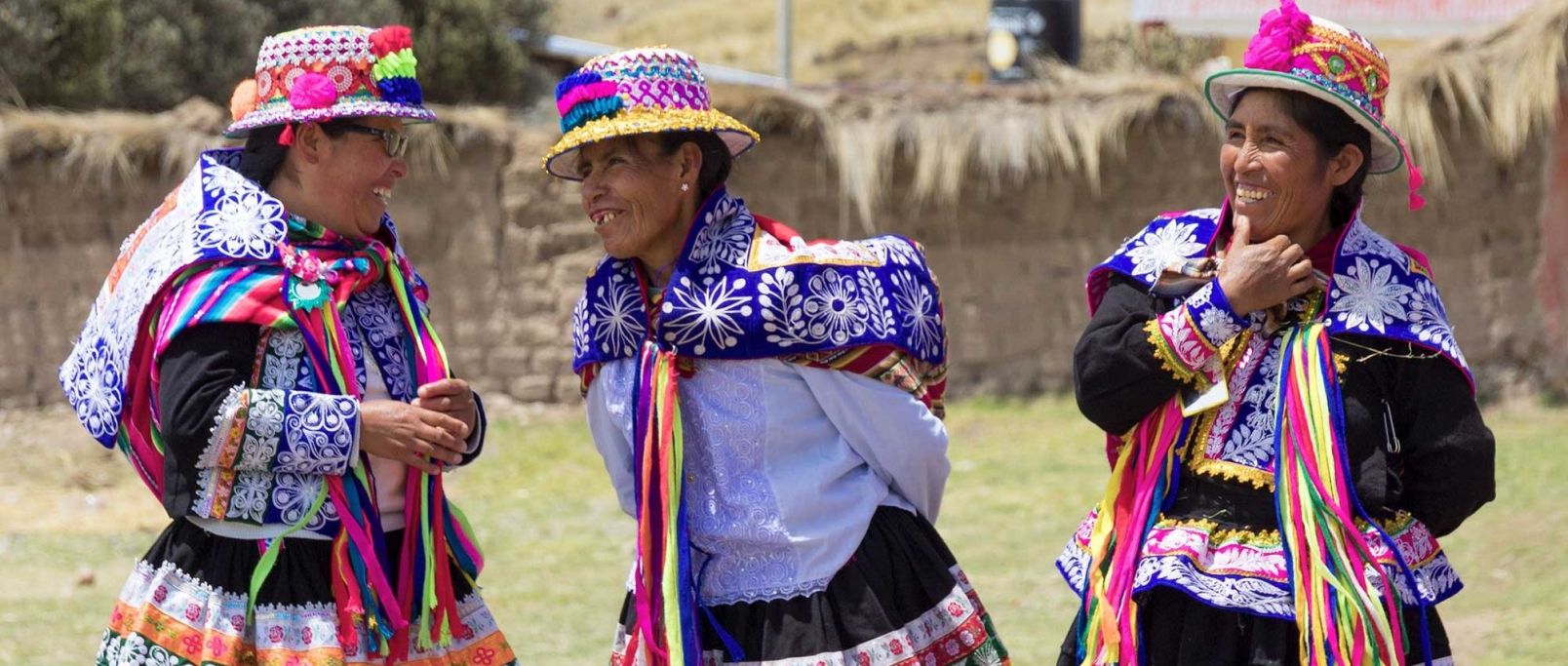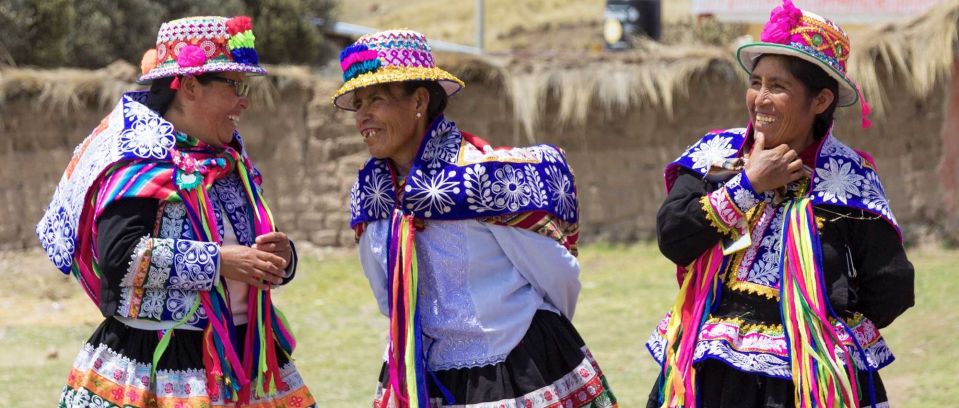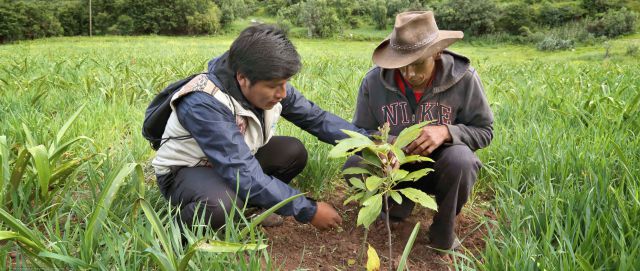Pichigua
With an average altitude of 3870 m.a.s.l. Pichigua is a place of intense frosts and droughts. The main problems faced by the population in Pichigua are water shortage, soil degradation and the economy of self-consumption and the presence of smoke in the houses.
Sixty percent of the families improved their homes through the ordering, tarrajeo and ornamentation of their houses and the implementation of improved stoves that no longer spread smoke inside their homes.
Raising older animals
The main economic activity in Pichigua is the breeding of older animals such as cattle, sheep and camelids. The families improved the organization of grazing and the production of grass of the alfalfa species, dactylis, clover and oats in degraded soils. With this they guarantee the feeding of older and younger animals all year round and recover the soils. 15 families started the new business of guinea pig breeding. Each one worked on the construction of their sheds with a capacity of up to 400 guinea pigs.
Forestation
Since 2018, 158,300 trees have been planted in Pichigua. 98% are pines and the rest are native trees. The planted pines represent medium and long term income with the mushrooms (Suillus luteus) and wood, and a source of food with the pine mushrooms.
Community Savings
Another advance is the creation of seven groups of community savers led by women in each community. They work on the management of their family economy, develop new skills and improve their self-esteem. The groups of women savers were developed with the valuable advice and direct support of the Asociación Dignidad Perú de Nauta (Loreto).






